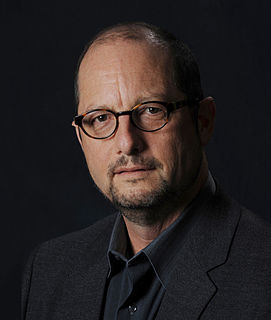A Quote by Paul Ricoeur
Testimony should be a philosophical problem and not limited to legal or historical contexts where it refers to the account of a witness who reports what he has seen.
Related Quotes
We . . . can become more diligent and concerned at home by bearing testimony to those whom we love about the things we know to be true by the witness of the Holy Ghost. . . . Within the walls of our own homes, we can and should bear pure testimony of the divinity and reality of the Father and the Son, of the great plan of happiness, and of the Restoration.
In terms of the historical record, I should also point out that there is no account in any ancient source whatsoever about King Herod slaughtering children in or around Bethlehem, or anyplace else. No other author, biblical or otherwise, mentions this event. Is it, like John's account of Jesus' death, a detail made up by Matthew in order to make some kind of theological point?








































